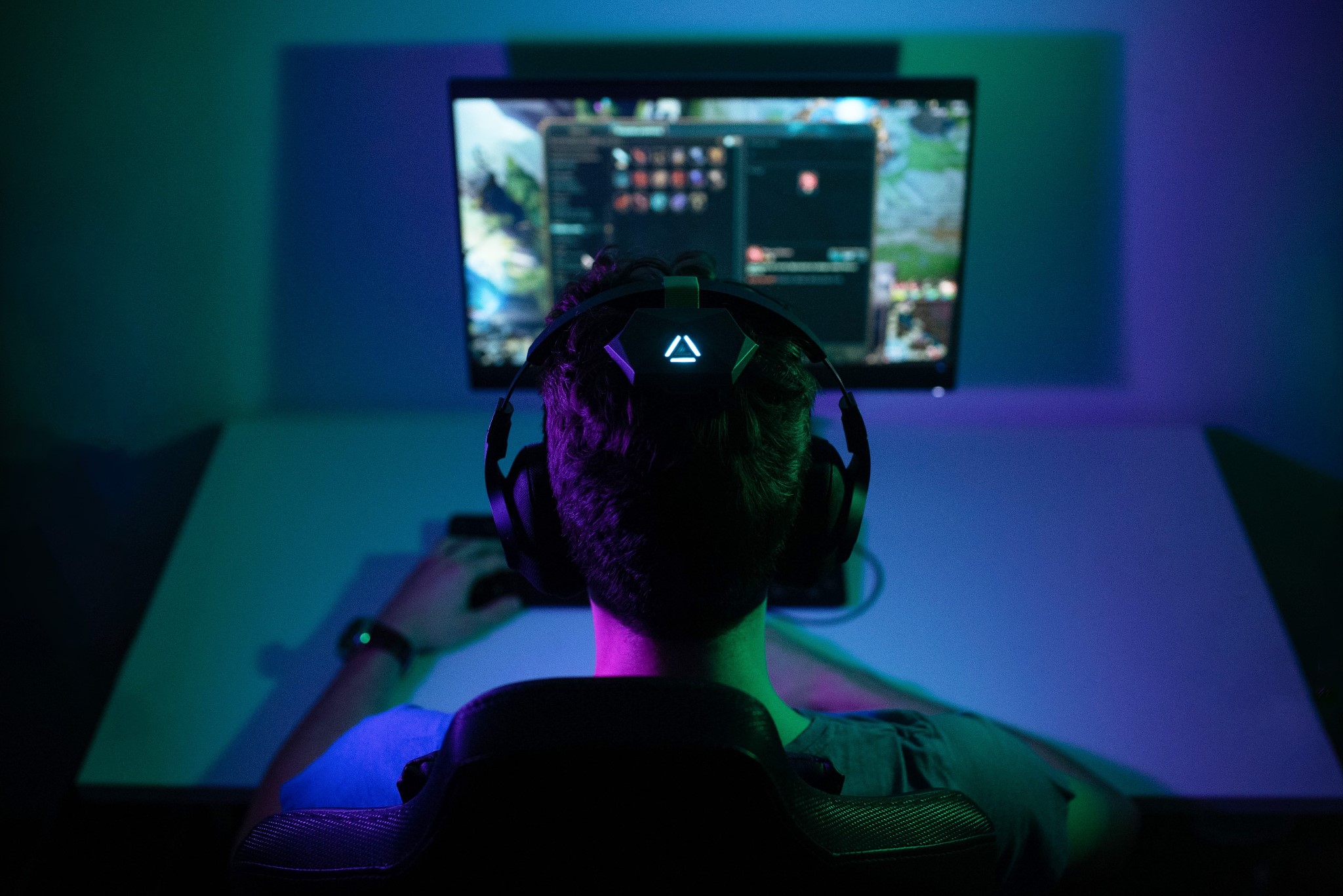

For a professional gamer, just one percent of an improvement in their performance can worth millions of dollars. However, there is still no widespread tool for eSports players to measure and help them improve their performance. NeuroLeet‘s developers want to fill this gap with a device that tracks brain activity. It can be easily attached to a headset for gaining instant data on stress and relaxation levels.
The eSports sector is predicted to grow rapidly over the coming years. According to Statista, eSports revenues will continue to increase, reaching up to 670 million euros by 2023. The pandemic and the lockdowns have also had a positive impact on the sector. The popularity of gaming and eSports increased significantly in 2021.
János Csipor and Dr. Gergely Márton are developing a brain training system. Their prototype is ready to be tested. “We want to find out how much of an impact NeuroLeet can have on gamers’ performance. How much they can improve and within what period of time. After all, the top eSport athletes are making millions of dollars, so even a one percent increase means a lot to them,” says János Csipor.
NeuroLeet is based on neurofeedback (EEG feedback) technology that is widely used by athletes and astronauts. NeuroLeet is playing a pioneering role by specializing in this for the gamer world. “The software works by measuring brain activity while playing games and being connected to the computer via bluetooth. It enables you to review your mental state (e.g. focused, stressed or distracted) at the time of important events when you were actively playing. After the game, you get an overview on what you need to improve,” says János Csipor.
Optimizing mental states
The software not only produces data and metrics, but also suggests specific, personalized training. Dr. Gergely Márton compares the process to learning to ride a bike. “When you get it wrong and the bike starts to lean, you try to balance it. You can’t explain how you do that, but you succeed in the end. What we are doing with NeuroLeet is that we’re trying to give feedback on the brain activity that is taking place and optimize the mental state of the gamer.”
Not only mental, but also physical health is key to their product development. Many gamers suffer from joint pain, sleep deprivation and, in more severe cases, depression or anxiety. NeuroLeet’s system also incorporates movement sensors in order to track the users’ physical activity, or the prolonged lack of it, which might cause stiffness. After the gaming session is finished, it sets the user into a relaxed state to help them sleep better.

The challenge of making it user-friendly
During the development, it was difficult for the team to measure very low amplitude neural signals. Besides, the signal-noise ratio had to be on point as well. Not to mention, the ease of use of the device. “Typically, when using an EEG head cap, you need to inject a gel under the electrodes to improve conductivity. You have to wash your hair afterwards,” says Dr. Gergely Márton.
“We found a special solution, a conductive fabric that we optimized for EEG. It provides a sufficient level of contact and enhances the quality of the signal,” he goes on to explain. This way, the device doesn’t require any additional effort from the user. It can be attached to any audio headset and the measuring unit itself does not take up too much space.
Also read: Active Esports Competition: Meet new students while jumping around and kicking
Next step: find an investor and test the product

The NeuroLeet team wants to introduce their device to the general public only if they are sure that it will be successful. At the moment, they are planning on doing a larger scale study involving around 30-50 participants. “We know that gamers and eSports players are interested in this tool. However, we would like to test it before the launch and give them a more advanced version,” János Csipor notes.
They are now looking for investors to speed up the launch of the product. In early January this year, with the support of the Input Program and XI Agency, they attended the CES 2022 and a study tour in Silicon Valley where they also got the opportunity to pitch to US investors.

